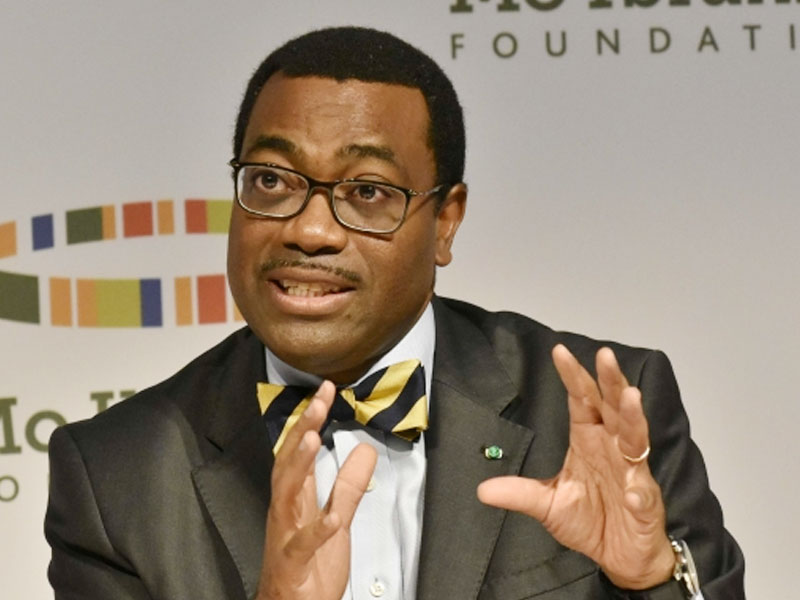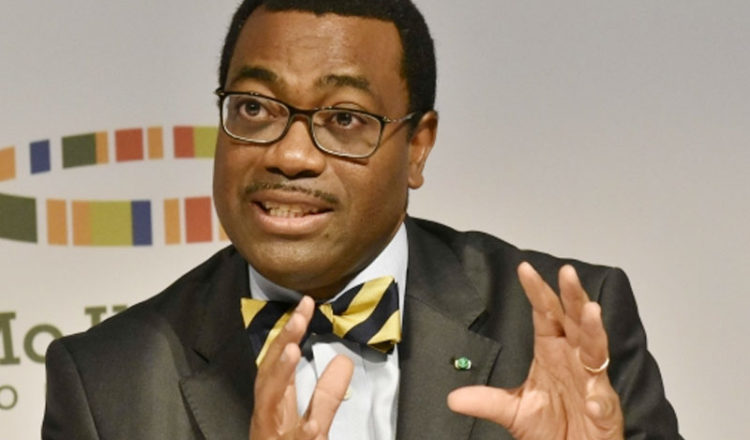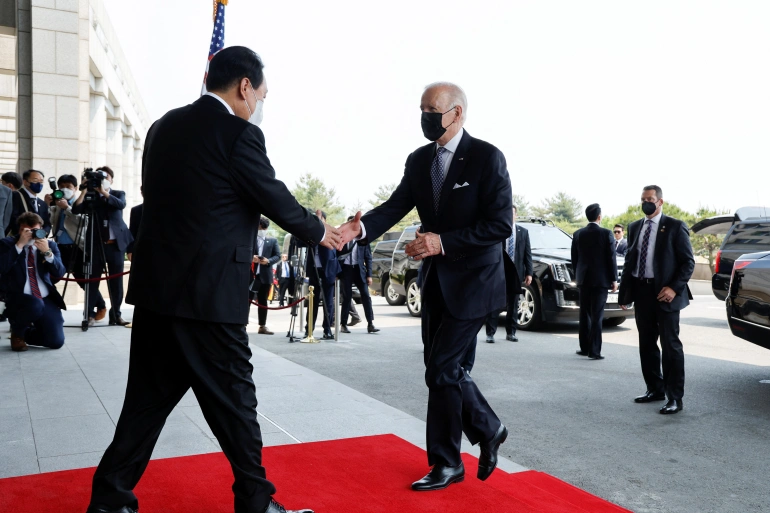
Africans can’t afford to go begging for food with 65% of the world’s arable land and cutting-edge technology.
Instead, Africa should leverage its competitive advantages in food production to feed its citizens and solve global problems.
Dr. Akinwumi Adesina, President of AfDB Group, said this yesterday at a media breakfast, setting the tone for the bank’s AGM in Accra, Ghana.
The World Bank, IMF, WTO, and other global agencies warned that Russia’s invasion of Ukraine is a watershed for Africa’s survival and that the imminent food crisis will hit the continent hardest.
The World Bank and sister organizations have called for coordinated global action to save Africa in recent months.
Adesina called naysayers’ claims “noise,” saying data shows otherwise.
He told journalists from Africa and other regions that the continent “is fully ready for agriculture and food production,” unlike when COVID-19 caused a major shock. “Noise is not data”
A few participants doubted Africa’s ability to feed itself, but the session’s host said he wasn’t arrogant or exaggerating.
His position is based on his belief that Africa has a competitive advantage in food production, his 35 years of agribusiness experience, and his willingness to lead AfDB.
He recalled his days as a minister in 2012, when floods swept away farmlands in Nigeria, saying he was the only person who thought the country wouldn’t face a food crisis. He described how he used technology to drive the first major dry season farming project in the country, resulting in a food price crash and global admiration.
AfDB’s African Emergency Food Production Plan will invest $1.5 billion in the coming years to help Africa feed itself and export its surplus. The amount would be leveraged eight times, bringing the total spending envelope to $12 billion.
AfDB plans to provide 38 million metric tons of food to Africa over the next few years.
Adesina said different countries are already stepping up, and Ethiopia plans to export wheat soon because its production volume exceeds local demand.
“There’s no pride in begging,” he said, and poverty shouldn’t be Africa’s “competitive advantage.”
He discussed what the AfDB is doing to increase food production across Africa and urged Nigeria to return to the electronic wallet system for direct fertilizer distribution. He warned that fertilizer distribution must be streamlined to improve efficiency.
Adesina warned that climate change is hurting African economies at the AGM.
Natural gas will remain part of Africa’s energy mix as it transitions to cleaner energy, he said.
“Just energy transition for Africa is important for net-zero emissions,” he said. It’s now official policy that the African Development Bank no longer finances coal.
Intermittent renewables mean Africa can’t rely solely on them. Africa must combine renewables and natural gas to improve energy security, access, and affordability.
Adesina, a believer in Africa rising, read skewed data on climate change and energy consumption.
Climate change costs Africa $7-15 billion annually, he said. By 2040, this could reach $50 billion. Africa’s 4% share of global greenhouse gas emissions is underfunded. Africa needs $1.3 trillion to $1.6 trillion in 2020-2030 to address climate change.
Africa doesn’t have enough money to fight climate change. Africa receives 3% of global climate funding. From 2020 to 2030, global climate financing falls $100-127 billion short of Africa’s needs. The Paris Agreement commits African countries to reduce carbon emissions through energy transitions. Africa has solar, hydro, wind, and geothermal resources.
- Tags: AfDB, Africa, Akinwumi Adesina





